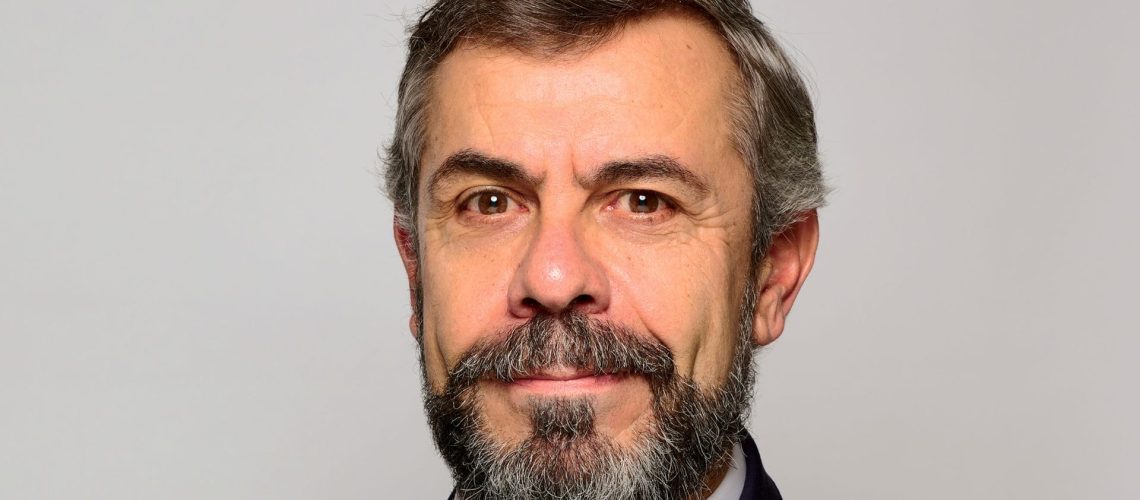By General (2S) Charles Beaudouin, Chairman and CEO of COGES and Eurosatory General Commissioner *
* Article from Opérationnels SLDS, Issue # 59/60, published in November 2023
The ongoing breakdown of the world order inherited from the Second World War
Today, we are witnessing the persistence of a global crisis affecting all sectors and generating a pervasive and anxiety inducing sense of instability:
- In economic terms, the equilibrium that rested on China playing the role of “world factory” is crumbling, while the Asian giant seems to be “stalling” in terms of economic growth and social stability. At the same time, the strengthening of the BRICS group with the accession of six new countries (Argentina, Egypt, Ethiopia, Iran, Saudi Arabia and the United Arab Emirates) from January 2024 underlines the growing aspiration of many countries to challenge the order established in the aftermath of the Second World War, particularly in financial terms. With the five founding nations – Brazil, Russia, India, China and South Africa – already accounting for forty percent of the world’s population and a quarter of global GNP, it is to be feared that a new “bloc war” logic, this time economic at least initially, is rapidly emerging. As a corollary, globalization is at stake. While there is no such thing as full sovereignty, and reference should instead be made to the notion of “chosen dependencies”, it is clear that many nations are in the process of rethinking these.
- As far as the environment is concerned, the ecological transition is first and foremost a matter of energy transition, and green energy is first and foremost geared towards the digital age. The result is a new race for raw materials, and rare earths in particular, as well as new pollution risks; rare earth requirements over the next thirty years are equivalent to seventy-thousand years of mineral extraction. At the same time, global warming will clearly accentuate migration phenomena, making many areas less viable.
- On the political front, the rise of domestic violence and the emergence of increasingly exacerbated “mass riots” contribute to this feeling of generalized instability. At the same time, transnational crime is generating genuine “states within states” in certain regions of the world.
- On the societal front, “wokism” in our value-starved Western societies, coupled with a growing rejection of the America/Europe model in the rest of the world, and the porosity of our global village to social networks, are all trends that testify to a break with the world order established throughout the second half of the 20th century, and with many of the presuppositions that prevailed until recent years.
- In terms of technology, we are witnessing an explosion of the digital revolution, with the exponential development of artificial intelligence, for better or for worse, the inherent fragility of systems (cyber attacks) and the resulting ultra-dependence of tomorrow’s economies (and therefore defense and security systems) on Asia, and mainly China (rare earth, microprocessors, batteries), a dependence that is reaching a level of
A dependency long neglected, or even deliberately organized, as a result of decades of “merry globalization”. The result is an exacerbation of crises and conflicts – more or less latent until recently – while great powers such as Russia weaken and the Western world pursues a decline that seems inevitable, if only for demographic reasons.
The wars, humanitarian crises and migratory flows that result from this instability are increasingly testing the limits of states and their ability to cope, and we need to change the scale of our thinking.
Eurosatory, a forum for supranational crisis management proposals
As a receptacle for these major trends, the Eurosatory show has a duty to analyze and transcribe them, and to offer a wide range of solutions to crises. Whatever their nature (from high-intensity warfare to humanitarian and environmental disasters caused by industrial or climatic accidents), these crises often share the same DNA as far as their management is concerned: the need for anticipation through operational prevention, planning and control centers; the identification of a broad spectrum of identified, available, trained and tested human and material resources; the ability to project immediately; and the means to deal with the situation over time, until it stabilizes and returns to normal.
The HELPED (“Humanitarian Emergency Logistic Project and Eco Development”) concept, invented by Eurosatory for the 2022 edition and which will be developed internationally for the 2024 edition, is part of this responsible approach to present and future times.
The participation of two hundred and fifty foreign delegations and the presentation of two hundred distinct product lines over the five days of the show make it a unique forum for trying to come up with technological responses to the current upheavals and uncertainties.
Key technological sectors include satellite support for migratory crisis management, land-based robotics enabling man to stay a little further away from the battlefield, mine clearance, artificial intelligence, and innovations in energy and electricity storage. Technologies and processes associated with the whole issue of reconstruction – rebuilding physical and cyber infrastructures, as well as the physical and psychological reconstruction of human beings – are also among the priority areas of research.
A forum for reflection through its meetings and conference cycles, debating topics as varied as security of supply, space technologies, export regulations or
applied simulation for instruction purpose, Eurosatory is also a traditional venue for showcasing state-of-the-art technologies.
Generating a political dynamic that decision-makers can adopt is ultimately the aim of this show, whose DNA is to help anticipate and resolve crises of all kinds.
